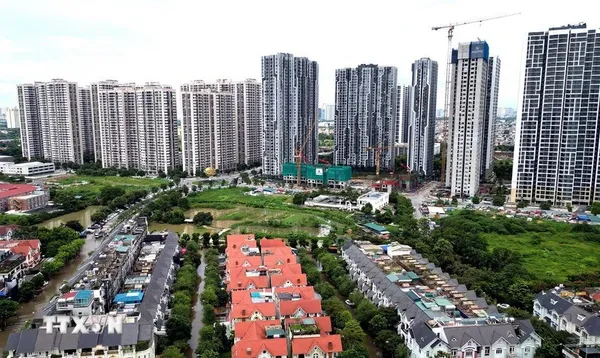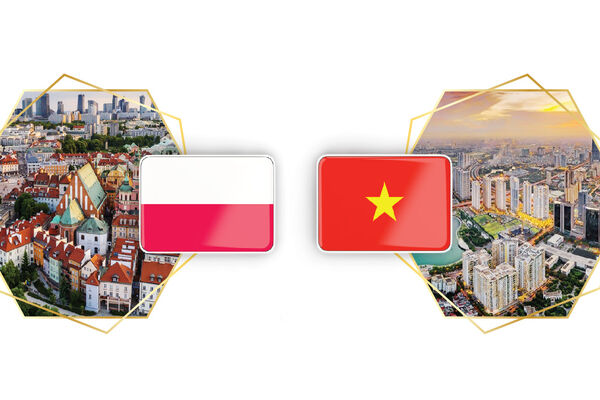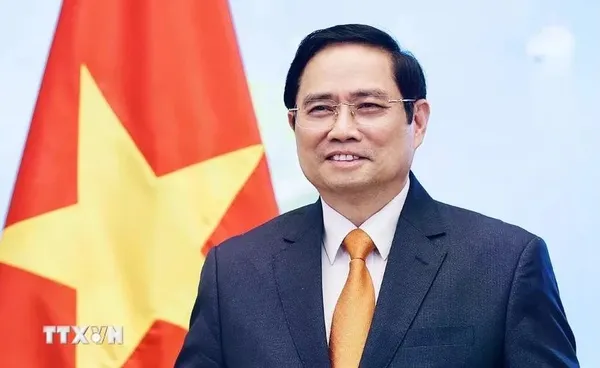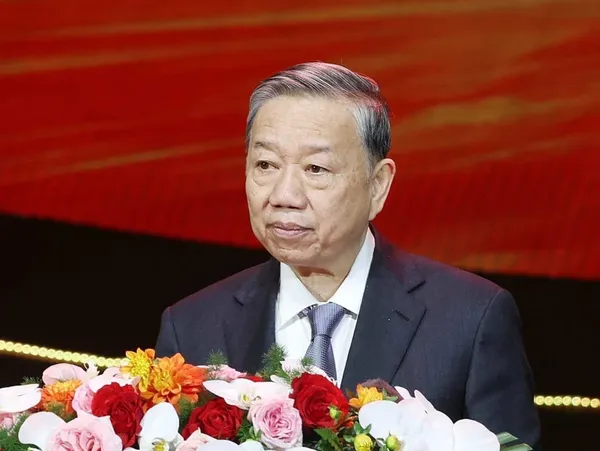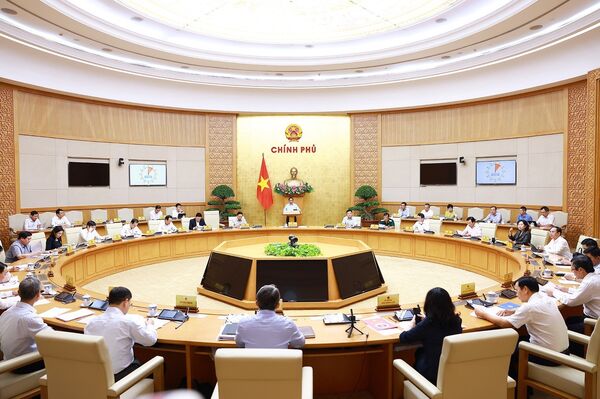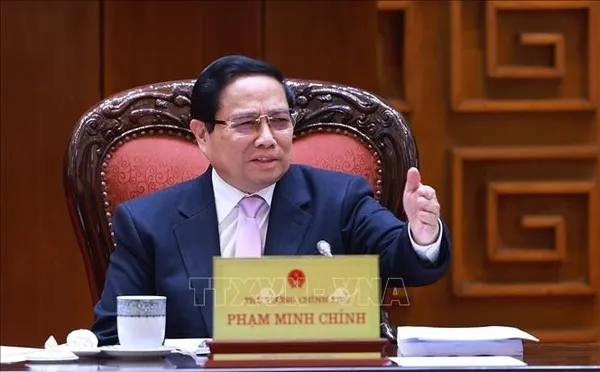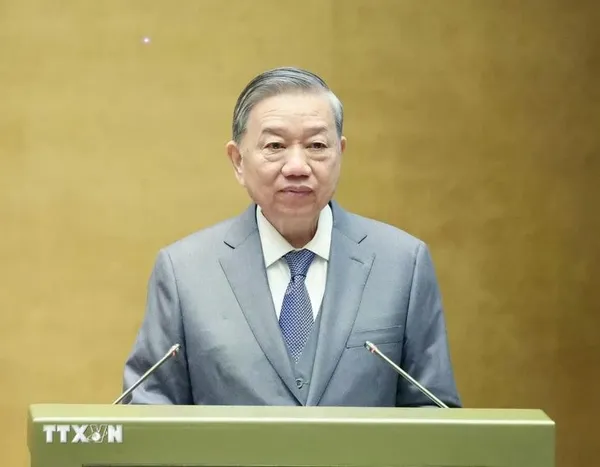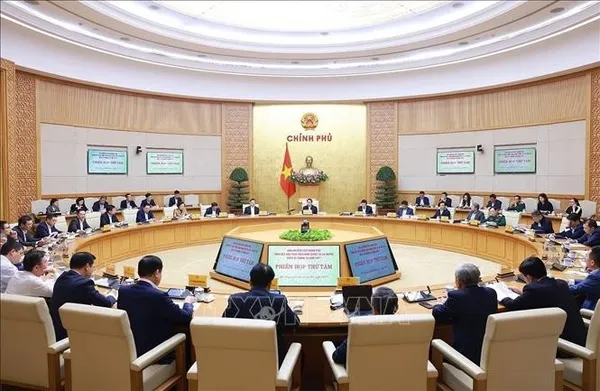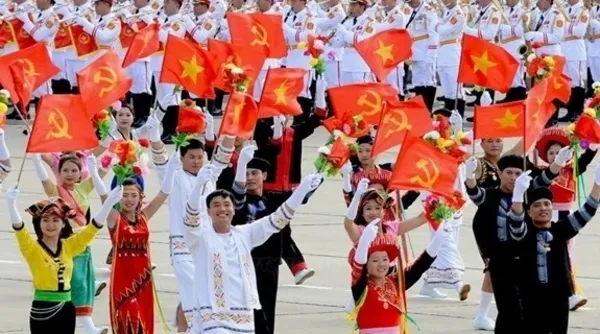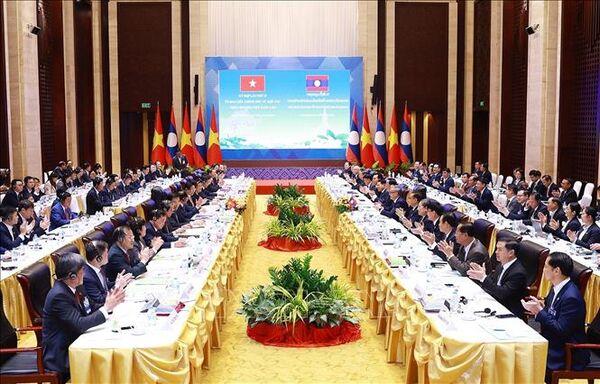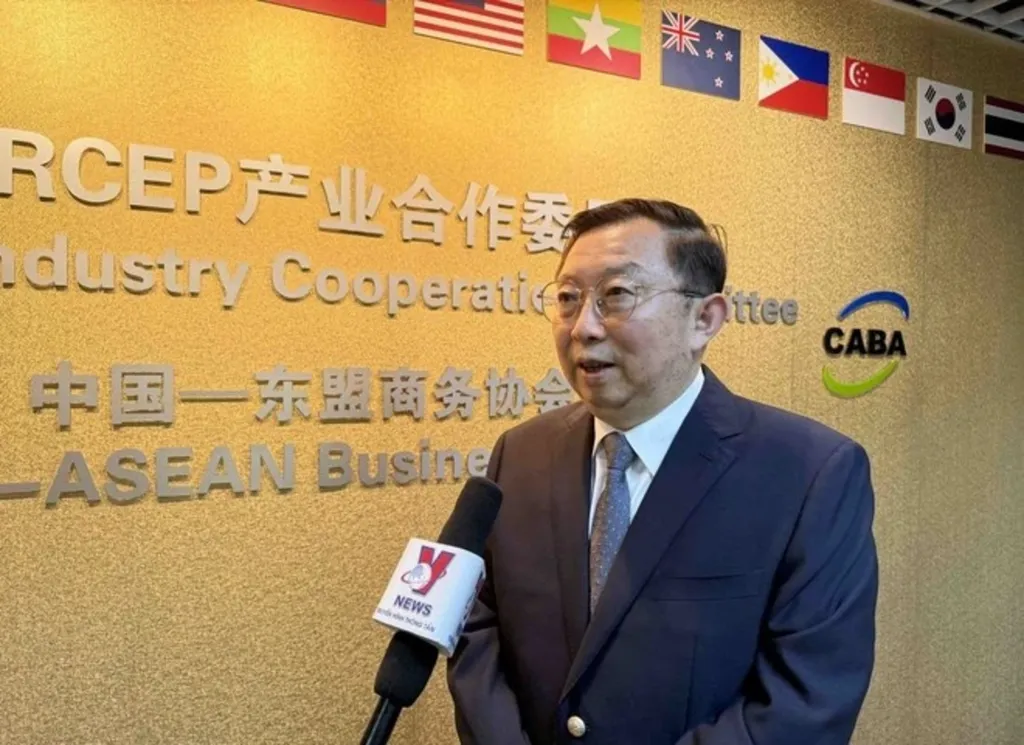 |
| Executive President of the China - ASEAN Business Council (CABC) Xu Ningning. (Photo: VNA) |
Beijing (VNA) – By working together on new challenges and business opportunities, the prospects for cooperation between China and Vietnam will be even broader, and there will certainly be more space for development, said Executive President of the China - ASEAN Business Council (CABC) Xu Ningning.
Talking to Vietnam News Agency correspondents in China on the occasion of the 75th founding anniversary of the Vietnam - China diplomatic relations (January 18, 1950 - 2025), Xu highlighted the long-lasting friendship between the two nations, affirming that this is reflected in not only mutual political support, but also deep exchanges and cooperation in economy, culture, and education, becoming a key driver for the unceasing development of the bilateral ties.
Since the normalisation of relations between the two Parties and states in 1991, high-ranking leaders of the two countries have maintained frequent visits and meetings, while friendship exchanges and mutually beneficial cooperation across areas have been intensified continuously. The countries have consistently adhered to mutual respect, equal treatment, and joint responses to regional issues and global challenges, Xu said.
He noted that two-way trade has grown steadily year by year, while investment cooperation has deepened, with joint projects in infrastructure, energy, and agriculture. China, for many consecutive years, has been the largest trading partner of Vietnam, which in turn is the biggest trading partner of the former in ASEAN. Their economic and trade partnerships have brought practical benefits to the people of both sides.
Along with the dynamic implementation of the Regional Comprehensive Economic Partnership (RCEP), bilateral ties in trade, investment, and finance will open up greater development opportunities.
According to Xu, as the world’s second-largest economy, China boasts a vast market and abundant resources. Meanwhile, as an emerging market economy, Vietnam has a large workforce and a rapidly growing manufacturing sector. Therefore, the two nations strongly complement each other in industrial chains and supply chains.
Science, technology, and the digital economy will become new cooperation areas for them, he said, noting that while China has made remarkable achievements in scientific and technological advances like 5G, artificial intelligence (AI), digital technology research and development, big data, and new energy, Vietnam is also proactively pursuing its own science and technology development strategy.
He suggested that the two countries intensify cooperation in personnel training and clean energy, and jointly carry out digital technology research and development projects, contributing to digital transformation in Vietnam's traditional industries.
Xu also underlined the importance of collaboration in infrastructure development to both countries, saying Vietnam is in a rapid development phase, with strong demand for infrastructure such as transport, energy, and urban construction.
The two sides can work together to promote the development of road, rail, and seaport infrastructure in Vietnam, helping to further enhance the two countries' connectivity, boost trade and people-to-people interaction, optimise the investment environment, and drive economic growth, he added.
Regarding coordination at regional and international multilateral forums, Xu said that China and Vietnam have always maintained close opinion exchanges and cooperation, with a shared commitment to preserving peace and stability in the region, and promoting more just and balanced development of the international order.
China and Vietnam have actively joined associations such as ASEAN and the Mekong - Lancang cooperation, and resolved differences through dialogue and negotiation, he said, stressing that the coordination in regional matters not only helps strengthen mutual trust, but also serves as an example of promoting development, achieving prosperity, and maintaining stability in the region.
According to Xu, who is also Chairman of the RCEP Industry Cooperation Committee, the two countries have committed to promoting regional economic integration. They have actively participated in discussions and the shaping of rules for trade liberalisation and investment facilitation, while jointly coping with global economic challenges. During the implementation of RCEP, they have promoted the further prosperity of bilateral trade by coordinating specific measures such as concessions on tariffs and rules of origin./.
